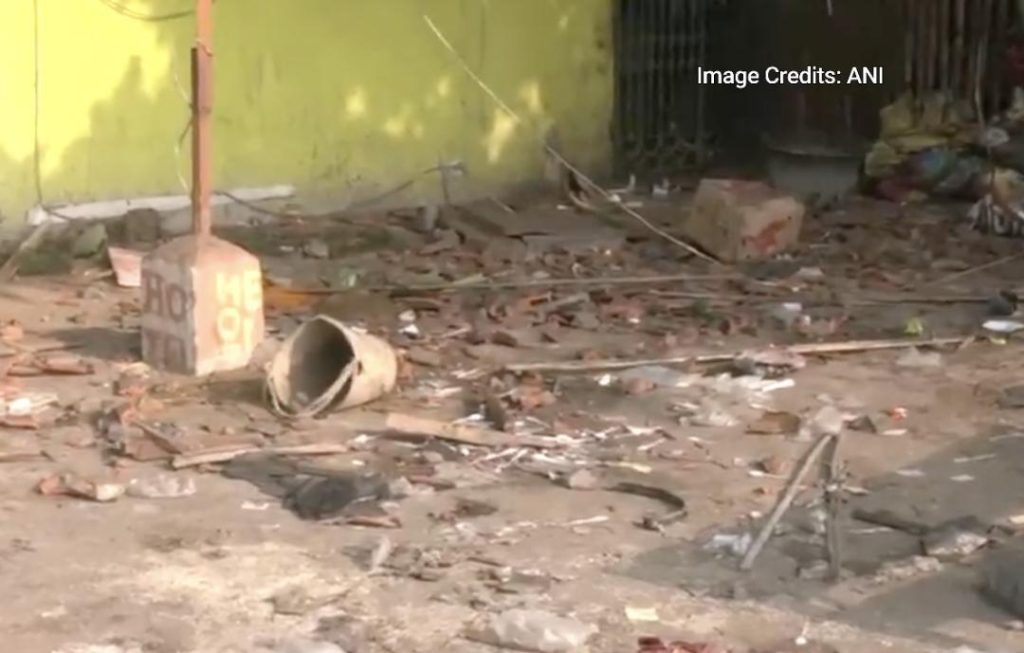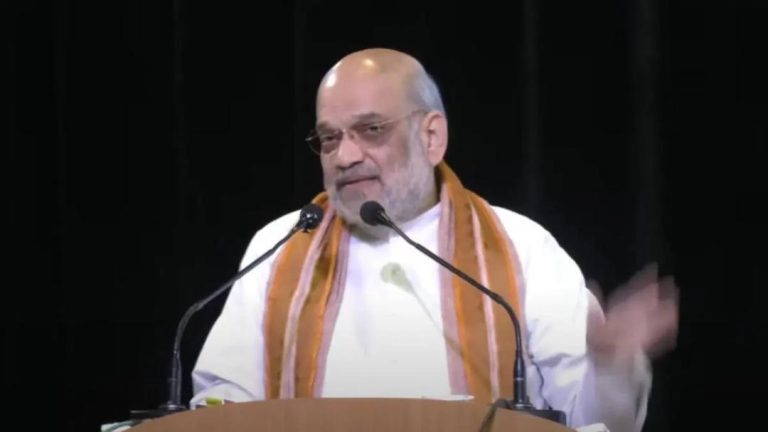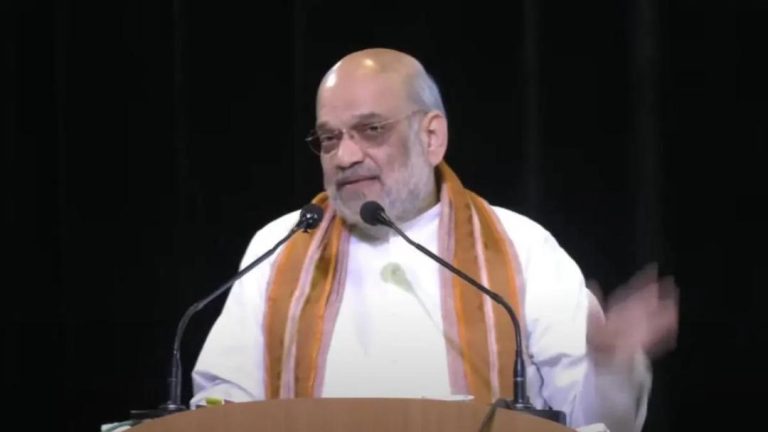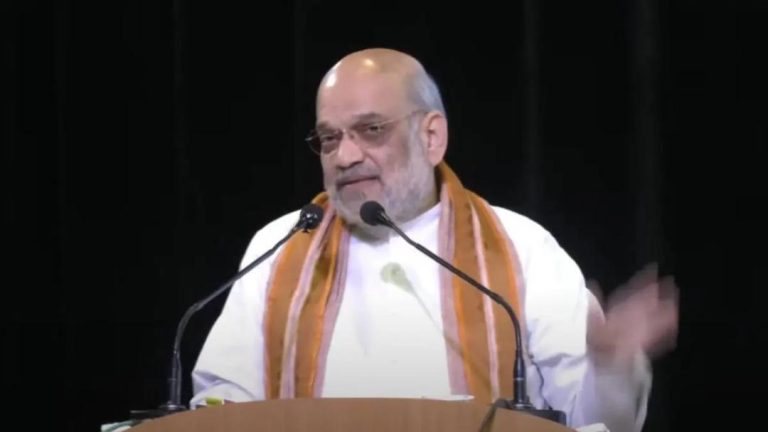
5,000 Disrupt Services & Pelt Stones at Bengal Railway Station during Protest against Waqf Act
Tensions ran high at the Dhulianganga railway station in West Bengal as protests against the Waqf Act turned violent, disrupting train services and causing damage to property. According to reports, nearly 5,000 people gathered at the station, disrupting the movement of the Kamakhya-Puri Express and causing chaos.
The agitation was sparked by the implementation of the Waqf Act, which aims to regulate the administration and management of waqf properties in the country. However, the move has been met with resistance from various quarters, with many opposing the Act on the grounds that it would lead to the erosion of Islamic identity and culture.
The protest at the Dhulianganga railway station took a violent turn when a mob of around 5,000 people gathered on the tracks, disrupting train services. The protesters, who were primarily Muslim, pelted stones at the railway authorities, causing damage to property and affecting the movement of trains.
A railway guard who was present at the scene described the situation as chaotic, stating that the mob gathered after 1 pm and started stone pelting. “Many things were destroyed, and the signal couldn’t be passed,” he added, highlighting the severity of the situation.
The disruption caused by the protest resulted in the delay of the Kamakhya-Puri Express, which was one of the trains affected by the agitation. The train, which was scheduled to depart from the Dhulianganga station, was delayed by several hours due to the violent protest.
The Eastern Railways have condemned the incident, stating that the actions of the protesters were unacceptable and would not be tolerated. In a statement, the Eastern Railways said, “The Eastern Railway has taken serious note of the incident and is investigating the matter. The railway authorities have also ensured the safety of passengers and staff.”
The incident highlights the growing tensions in West Bengal over the implementation of the Waqf Act. The Act, which was passed by the Centre in 2013, aims to regulate the administration and management of waqf properties, including mosques, madrasas, and graveyards. However, the move has been met with resistance from various quarters, including religious groups and politicians.
The protests against the Waqf Act have been ongoing for several months, with protesters demanding the repeal of the Act and the implementation of alternative measures to regulate waqf properties. The agitation has also led to clashes between protesters and police, with several people being injured and arrested.
The incident at the Dhulianganga railway station is the latest in a series of violent protests against the Waqf Act in West Bengal. The protests have been ongoing for several months, with protesters demanding the repeal of the Act and the implementation of alternative measures to regulate waqf properties.
The implementation of the Waqf Act has also led to concerns about the erosion of Islamic identity and culture in the country. Many Muslims have expressed concerns that the Act would lead to the takeover of waqf properties by non-Muslims and the erosion of Islamic identity and culture.
The incident at the Dhulianganga railway station highlights the need for the Centre and the state governments to address the concerns of Muslims and other religious groups over the implementation of the Waqf Act. The Act should be reviewed and revised to ensure that it does not lead to the erosion of Islamic identity and culture.
In conclusion, the protest at the Dhulianganga railway station highlights the growing tensions in West Bengal over the implementation of the Waqf Act. The incident has resulted in the disruption of train services and the damage to property, and has also raised concerns about the erosion of Islamic identity and culture in the country. The Centre and the state governments must take steps to address the concerns of Muslims and other religious groups over the implementation of the Waqf Act and ensure that it does not lead to the erosion of Islamic identity and culture.



